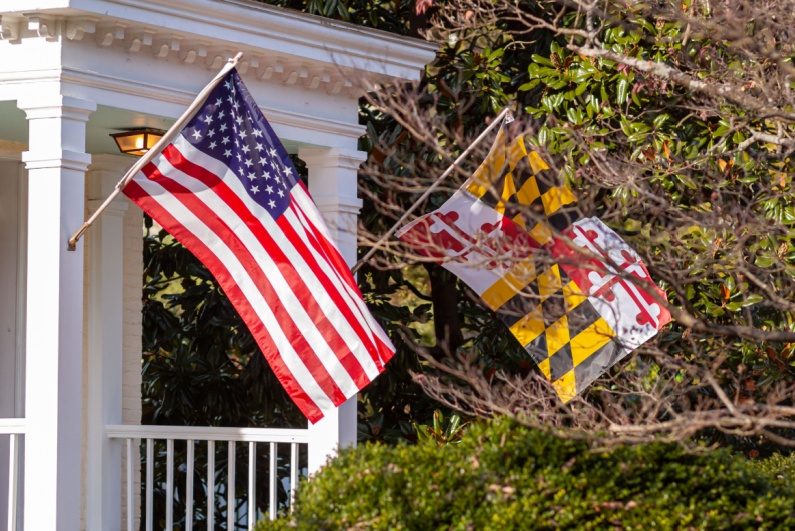Calls for safeguards
The Royal Society for Public Health (RSPH) has called on the video games industry to remove gambling elements from games that target youngsters.
utilize technology that will identify if an individual is spending a lot on loot boxes
The chairty also wants the video games industry to create a distinct set of criteria and to utilize technology that will identify if an individual is spending a lot on loot boxes and other types of in-game content that has a gambling element to it. This goes for both console and mobile games.
Education commitment
Alongside these industry changes, calls have also been made for more time and effort to go into educating young people in relation to the dangers of gambling. This includes the dangers of partaking in activities that are similar to gambling.
This education should begin in primary school, according to the RSPH. This would be an all-encompassing approach that would educate kids, students and parents.
There should also be an onus on the mental health support departments in education to receive the proper training to identify and help deal with the effect of gambling among the youth.
Speaking about the expansion of gambling into other parts of society and culture was Shirley Cramer, the RSPH’s chief executive.
She said: “Young people have told us that gambling and gambling-like activity are slowly but surely polluting hobbies and past-times that have traditionally been beneficial to their wellbeing.”
Survey results
The RSPH has published the results of a survey that was conducted alongside the gambling charity GambleAware. The survey was answered by 1,100 young people, aged between 11 and 24 years old, and it produced some interesting results.
The younger portion of respondents aged 11-14 were likelier to have previously purchased a loot box. Of this age group, 27% of them bought a loot box in the past seven days.
This segment was also not as likely to associate loot boxes with gambling and resulting harm. Only 25% of them thought that a gambling classification should be given to loot boxes. For 22 to 24 year olds, this figure was 73%.
Gambling and sport
Finally, 55% of those surveyed believe that the association between gambling and sport is a negative for young people.
This is the reason why there are extensive calls to cut out gambling companies sponsoring the likes of soccer teams and having all sorts of advertising on television, at soccer stadiums, and on social media.
the association between gambling and sport is a negative for young people
The RSPH is pushing for an end to this form of sponsorship, as well as implementing a ban on professional players from being able to endorse any activities that relate to gambling.
Cramer said: “As with any public health issue, this is one that requires a combination of measures focusing on both education and regulation.”



